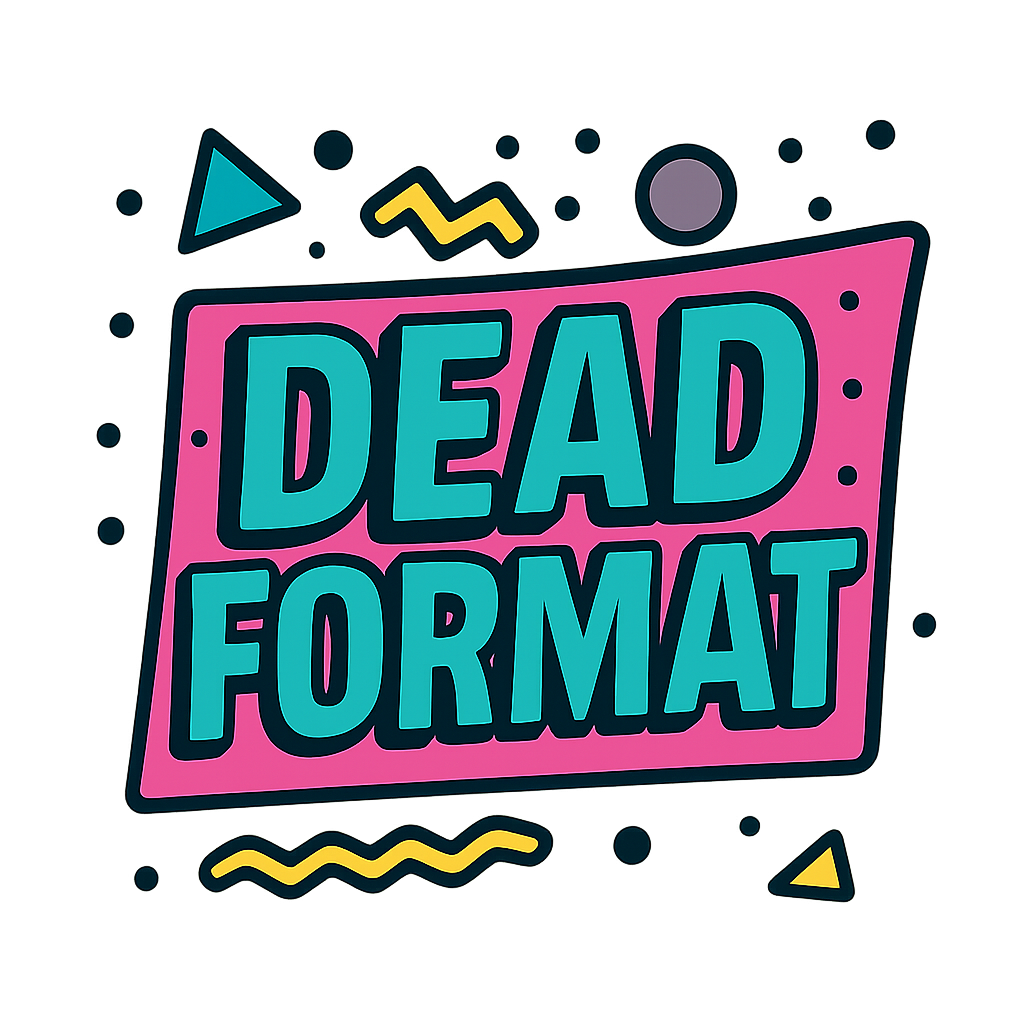Buried deep in Chocolate Starfish and the Hot Dog Flavoured Water, “It’ll Be OK” stands out as one of the album’s most personal and emotionally conflicted moments. It’s not a song about reassurance or healing — it’s about trying, and failing, to convince yourself that everything’s fine when you know it isn’t. For Fred Durst, this was a reflection of his struggle to leave a toxic relationship, caught somewhere between regret, resentment, and emotional dependency.
From the opening lines, the mood is tense and weary. Gone is the bravado of “My Generation” or the swagger of “Rollin’.” Durst sounds burnt out — tired of fighting, tired of pretending, and tired of being stuck in a cycle he can’t escape.
“What to do, my life is through, just wanna kill myself for you“
It’s a coping mechanism disguised as comfort — the sound of someone trying to hide pain rather than confront it. The song captures that uncomfortable middle ground between wanting to leave and not being ready to let go, between knowing what’s right and doing what’s easy.
Musically, “It’ll Be OK” mirrors that emotional instability. Wes Borland builds the song around a spiralling, uneasy guitar riff, balancing tension and melancholy. The rhythm section — Sam Rivers’ steady bass and John Otto’s shifting drum patterns — keeps the track grounded but restless, as if it’s constantly teetering between control and collapse. DJ Lethal’s atmospheric touches add to the sense of isolation, filling the space with echo and static rather than energy.
There’s no big chorus, no aggressive breakdown — just repetition and resignation. That restraint is what makes “It’ll Be OK” one of Limp Bizkit’s most mature tracks. It’s Durst stripped of persona, laying bare the side of fame and relationships that doesn’t fit neatly into the band’s usual image of rebellion and arrogance.
Fans who have followed the band closely often point to this song as one of the few times Durst drops the mask completely. In interviews around the album’s release, he hinted that much of Chocolate Starfish was written amid emotional turmoil, and “It’ll Be OK” feels like the heart of that chaos — the quiet before the implosion of “Boiler.”
Critics rarely talk about it, but in hindsight, “It’ll Be OK” might be one of the most revealing pieces in Limp Bizkit’s catalogue. It shows that underneath all the noise and controversy, there was someone trying — and often failing — to make sense of connection, betrayal, and loneliness.
It’s not optimistic. It’s exhausted. And that’s exactly why it hits so hard.

